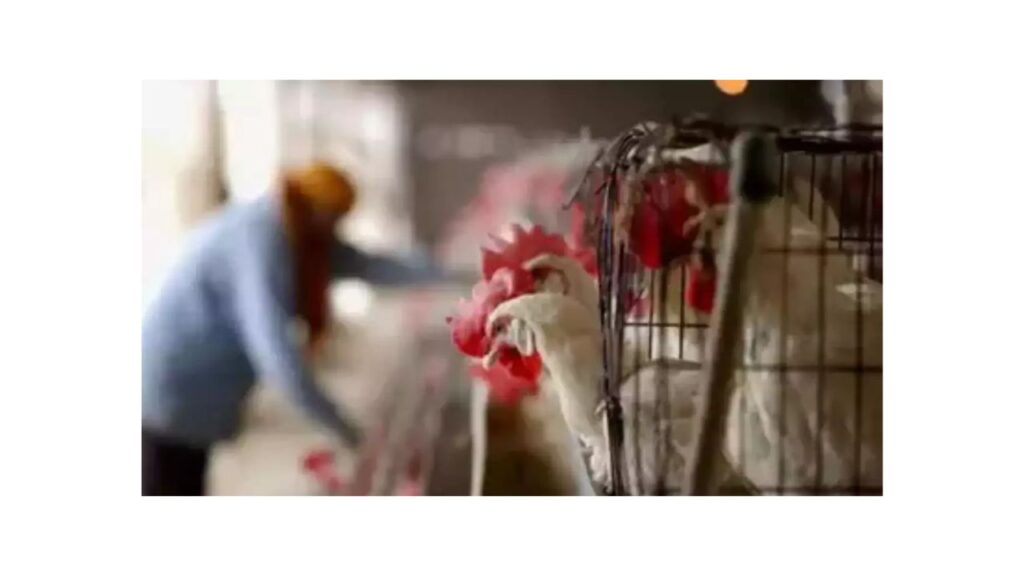On the same day that another strain was discovered on a Victorian farm, a kid was identified as Australia’s first confirmed case of H5N1 bird flu.
Australia’s first human case of a form of bird flu that has been spreading globally and killing a lot of birds has been identified as a child returning from a trip.
The boy had a “severe infection” after catching the H5N1 virus when he returned to Victoria from India in March, but he has since recovered completely, the province’s chief health officer revealed on Wednesday.
According to Dr. Clare Looker, “this is the first human case of H5N1 avian influenza in Australia.”
“As part of Victoria’s expanded monitoring system, the avian influenza virus was discovered through additional testing of positive influenza samples, which is done to find novel or worrying flu virus strains.
“Contact tracing has not identified any further cases of avian influenza connected to this case.”
According to Looker, there is little likelihood of further human cases because avian influenza is not easily contagious.
Bird flu detected at Victorian egg farm
The information was made public on the same day that agricultural authorities reported the discovery of a distinct strain of avian flu at a rural Victoria egg farm.
Following several chicken deaths, avian influenza was found at a farm close to Meredith, some 40 km northwest of Geelong. Agriculture Victoria has since demanded immediate testing.
Graeme Cooke, chief veterinary officer, stated that the H7N7 strain—as opposed to the more pathogenic H5N1 variant—was most likely involved in the outbreak.

“There is a type of virus which is causing great concern in the USA and other parts of the world and has behaved unusually in that it has infected dairy cattle and some other marine mammals,” Cooke said on the ABC’s Country Hour.
“The strain we’re facing is not this one. There have previously been cases of this strain in Australia. Probably nothing new.
According to Cooke, the most prevalent type of avian flu in Australia was H7N7.
Testing is being done to see if the H7 strain that was part of the 2020 Australian bird flu outbreak that impacted one in three egg farms in Victoria is the same strain.
A 5 km radius has been established for the property’s quarantine, and the afflicted animals will be “depopulated”.
The Australian Centre for Disease Preparedness in Geelong has received samples of the virus for analysis.
What is avian influenza?
Avian influenza is a highly contagious virus that can kill domestic chickens instantly, causing severe symptoms and even the eradication of entire populations.
The disease can spread through close contact or contaminated settings, and wild birds are its natural hosts.
It is believed that the deadly H5N1, which has been found in over 50 animal species, including humans, can infect any species of bird.
Some infected individuals have shown no symptoms at all or only minor ones, but some have serious sickness.
The public has been assured by authorities that the eggs and chicken products found in stores are safe to eat and do not pose any risks.
Owners of birds have been urged to maintain clean enclosures, to wash their hands both before and after handling birds or eggs, to quarantine new birds before merging them with existing flocks, and to make sure their footwear is clean.
